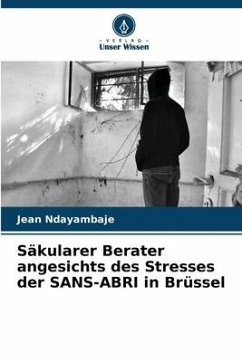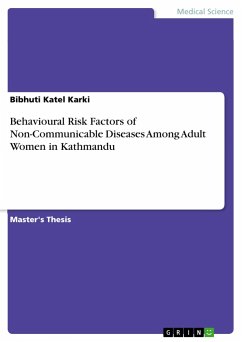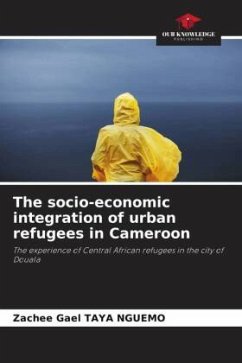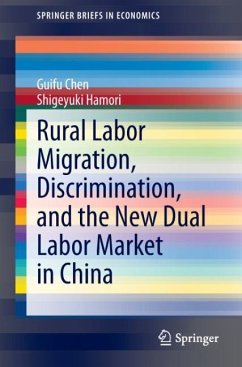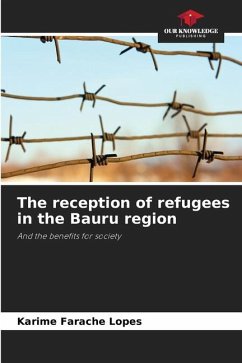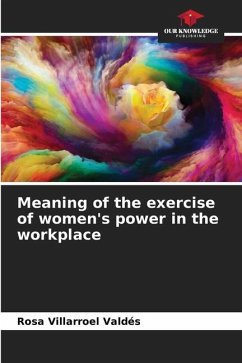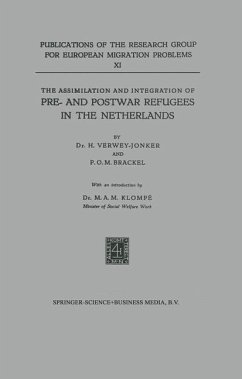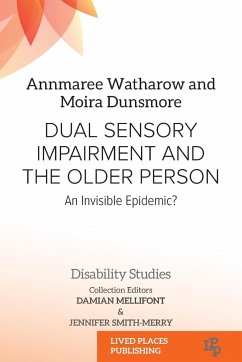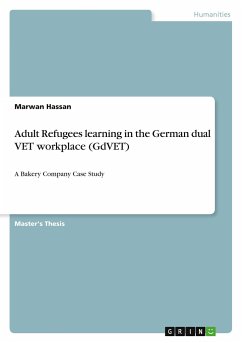
Adult Refugees learning in the German dual VET workplace (GdVET)
A Bakery Company Case Study

PAYBACK Punkte
0 °P sammeln!
Master's Thesis from the year 2022 in the subject Social Studies (General), grade: Good, Linköping University (Department of Behavioural Sciences and Learning), language: English, abstract: This paper explores how refugees learn at the German dual VET (GdVET) workplace. It looks at the interactions between Germans and refugees, questions what learning and working in a group in the workplace means for the participants, and what factors support the refugees' learning. For this purpose, a framework of five spheres borrowing and combining elements from Wenger's (1998b) Community of Practice and L...
Master's Thesis from the year 2022 in the subject Social Studies (General), grade: Good, Linköping University (Department of Behavioural Sciences and Learning), language: English, abstract: This paper explores how refugees learn at the German dual VET (GdVET) workplace. It looks at the interactions between Germans and refugees, questions what learning and working in a group in the workplace means for the participants, and what factors support the refugees' learning. For this purpose, a framework of five spheres borrowing and combining elements from Wenger's (1998b) Community of Practice and Lave & Wenger's (1991) situated learning is used. They allow us to observe and discuss possible learning characteristics for refugees in a GdVET. These spheres are explored in a case study, a bakery factory. For this sake, a limited participatory observation and eight interviews with Germans and refugees at the workplace were conducted. Results confirm, i.a., the refugees' extraordinary motivation and commitment, highlighted in previous research and media. Furthermore, the particularly striking loyalty the refugees hold for their work domain is elicited and analyzed in the context of their biography, experience, and development at work. It is found that the bakery's owner's role and his tireless commitment to equal opportunities and against racism play a significant identificatory role for the refugees and their professional identification. Furthermore, the study shows that learning in a multicultural setting with vertical power relations also happens by non-verbal negotiation through observing the reaction of the others and testing out possibilities, roles, and participation. All of them lead eventually to a multicultural domesticated workplace to which all can feel committed.




